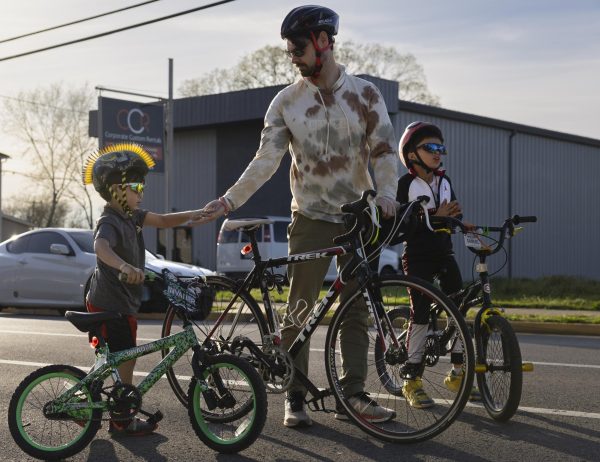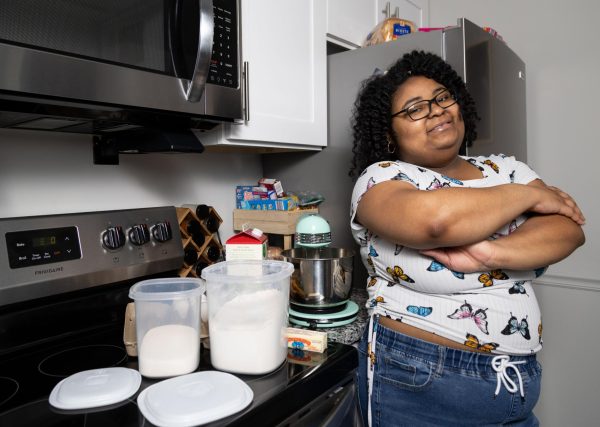COLUMN: Therapy, medication less taboo
March 29, 2011
Mental illness, therapy and medication previously haven’t been talked about much in American culture, but in recent years they’ve become a more accepted part of conversation.
According to the 2009-2010 Counseling and Testing Center Annual Report, 636 students used the campus counseling center in the 2009-2010 school year. That’s 4 percent of WKU’s student body, and that number increases each year, said Karl Laves, assistant director of the Counseling and Testing Center.
About 550 students used the counseling center the previous year.
“People are more willing to talk about it. The taboo is still there, but it’s not as strong as it used to be,” Laves said.
Although I’ve never used WKU’s counseling resources, I’m no stranger to therapy and medication.
Since I was young, I suffered from anxiety knotting my stomach, hiding behind my mom’s legs when strangers approached and vomiting whenever I felt severe anxiety.
Everybody thought I would outgrow the anxiety, but as time and my adolescence progressed, the anxiety grew.
During my junior year of high school, I began seeing a psychiatrist on a regular basis and was diagnosed with general anxiety and depression caused by a series of personal events.
God had just dealt me a card of anxiety, which was the catalyst to my depression, my psychiatrist said. So let’s fix it, he said.
Then the medicine and hour-long therapy sessions began.
I started taking mild anti-depressants along with my talk therapy, which in essence, attempted to place a Band-Aid over my brain.
After I realized that wasn’t working, my prescriptions scaled to higher dosages of different medications and different mixes of different types of medications.
I was a walking pharmacy.
Despite the hassle of popping a couple pills a day to balance my disorders, I admit that I felt better.
Talking with many of my friends I have learned I’m not alone in my therapeutic journey.
I’m not the only one with a scroll of prescription history.
Nationwide, probably a third to a half of the students seeking counseling services are either on medication or going to start medication, Laves said.
“Part of that is because many college health centers have physicians who are comfortable prescribing antidepressants, anti-anxiety medications,” he said.
In my own experience, therapy is draining yet helpful. I have my ups and downs, but that’s to be expected.
“If you’re doing it right, it’s hard,” Laves said. “Therapy should be pushing you, challenging you. If I go to a physical therapist I’m gonna hurt, and I’m gonna need an ice pack to heal.”
Although therapy is helpful, two things worry me about prescription medications – dependence and long-term effects.
I admit for a time I was dependent on prescribed anti-anxiety medication to get through my day and I stopped taking them cold-turkey, because I felt so hooked. I had a seizure, but if I were to have safely “weaned” myself off, that wouldn’t have happened.
Prescriptions for addictive anxiety medications should be used sparingly because of their abuse potential, Laves said. Some anxiety medications are more long-term and have gradual effects, and those should be used more.
He said all medications that are approved have been tested to see if long-term effects are possible.
The medical field has a good idea of what the long-term risks can be, and no drug is safe, he said.
Someday I hope to be off medication and therapy all together, but for right now, it keeps me balanced and healthy.
There’s help available for you too. Seek help at the Counseling and Testing Center.
























